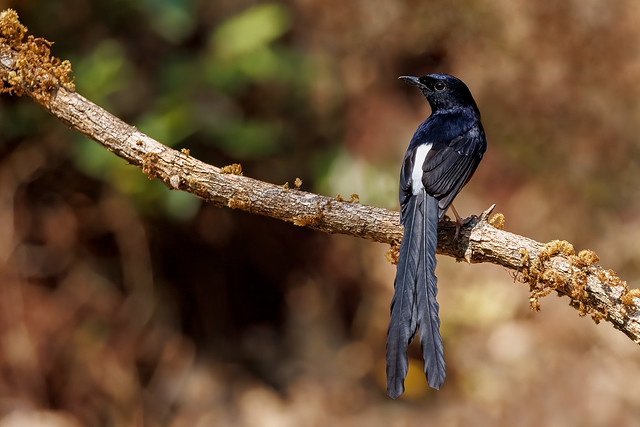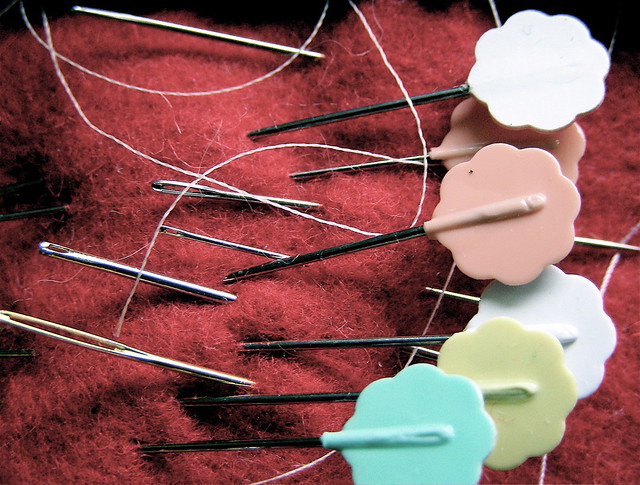In this post we’re looking at words for shovel, spade, oar, and related things in Celtic languages.
Words marked with a * are reconstructions.
| Proto-Celtic | *rāmyos = oar, spade, shovel |
|---|---|
| Old Irish (Goídelc) | ráma = oar ráïd = to row (with oars), sail, voyage imm·rá = to row (about), navigate |
| Middle Irish (Gaoidhealg) | rám(a), rámha = oar, spade imm-rá, immará = to row (around), navigate, go |
| Irish (Gaeilge) | rámh = oar rámhach = oared rámhaíocht = rowing, oarsmanship rámhainn = spade, spade-length rámhaí = oarsman rámhaigh = to row iomair = to row iomróir = oarsman, rower |
| Scottish Gaelic (Gàidhlig) | ràmh [r̪ˠaːv] = oar, paddle ràmhach [r̪ˠãːvəx] = row(ing) boat, set of oars ràmhachd [rˠ̪ãːvəxg] = (act of) rowing, oar-making ràmhadh [r̪ˠaːvəɣ] = (act of) rowing ràmhaiche, ràmhair [r̪ˠaːvɪçə / r̪ˠaːvɛrʲ] = oarsman, rower iomair [imɪrʲ] = to row (a boat) iomramhaiche [imərəvɪçə] = oarsman, rower |
| Manx (Gaelg) | raue = rowing raueder = rowing man ymmyrt = oar, rowing, to row, to launch ymmyrtagh = oarsman, rower, waterman, ferryman, rowing reuyrey = to delve, dig (up), root, spade |
| Proto-Brythonic | *rrọβ = shovel, spade *rruɨβ̃ = oar |
| Middle Welsh (Kymraec) | rau, raỽ, raw, rhaw = shovel, spade rawyet, rhawieit = shoveful, spadeful rwyf, rỽyf, rwyff = oar, paddle rỽyuaỽ, rhwyfo = to row, travel (by sea), voyage, journey rhwyfwr = oarsman, rower |
| Welsh (Cymraeg) | rhaw [r̥aːu̯ / r̥au̯] = shovel, spade rhaw(i)aid = shoveful, spadeful rhawffon = spade, shovel, paddle rhawiaf, rhawio, rhoddio, rhofio = to shovel, dig rhawiwr = shoveller rhwyf = oar, paddle rhwyfadain, rhwyfaden = fin (of a fish), propeller rhwyf(i)af, rhwyf(i)o = to row, travel (by sea), voyage, journey, agitate, shake, swing, wave rhwyfwr = oarsman, rower, sailor, seaman, boatman, mariner |
| Old Cornish | ruif = oar |
| Middle Cornish (Cernewec) | ruif, rev = oar, ruler, king ruifadur, revadar, ruivadur = rower, oarsman |
| Cornish (Kernewek) | reuv = shovel reuv arader = ploughshare rev = oar revya = to row, paddle |
| Middle Breton (Brezonec) | reuf = spade reuff, roeuff = oar |
| Breton (Brezhoneg) | roev = spade roeñv [rwẽʷ] = rowing, oar roenvier, roevier = rower, oarsman |
Etymology: from the Proto-Indo-European *h₁reh₁- (to row). Words from the same PIE root include row, rudder and Russia in English, roeien (to row [with oars]) and riem (oar, paddle) in Dutch, ró (to row, sail out to fish, rock backwards and forwards) in Icelandic, ro (to row, quickly hand over, pass) in Swedish, rame (oar, paddle) in French [source].
Etymology: the Brythonic words for oar come from Latin rēmus (oar), from Proto-Italic *rē(z)mos, from a PIE *h₁reh₁- (to row) [source].
| Old Irish (Goídelc) | slúasat = shovel |
|---|---|
| Middle Irish (Gaoidhealg) | slúasat, slúasad = shovel, paddle, tooth slúaistech = shovel-like |
| Irish (Gaeilge) | sluasaid = shovel, shovelful sluaisteáil = to shovel, gather in large quantities, scoop sluaisteog = (small) shovelful sluaisteoir = shoveller |
| Scottish Gaelic (Gàidhlig) | sluasaid [sl̪uəsadʲ] = shovel, spade sluaist [sl̪uəʃdʲ] = shovel, spade sluaisreadh [sl̪uəʃrʲəɣ] = shovelling, water washing up and down a beach |
| Manx (Gaelg) | sleayst = shovel sleaystey = to shovel, scoop, mix; shovelling, mixing sleaysteyder = shoveller, scooper |
Etymology: unknown [source].
| Scottish Gaelic (Gàidhlig) | fàl [faːl̪ˠ] = scythe fàladair [faːl̪ˠədɪrʲ] = scyther, reaper, mower fàlaireachd [faːl̪ˠədɪrʲəxg] = scything, mowing fàlaid [faːl̪ˠadʲ] = scythe |
|---|---|
| Manx (Gaelg) | faayl = turfcutter, turfspade foll = scythe folderagh = to cut with a scythe, mowing |
| Old Welsh (Kembraec) | pelechi = cudgel, club, staff |
| Middle Welsh (Kymraec) | pal, pál = spade, shovel palach = cudgel, club, staff |
| Welsh (Cymraeg) | pâl [paːl] = spade, shovel, dug soil, tilth, a digging, palach = cudgel, club, staff |
| Middle Cornish (Cernewec) | pal = spade, shove, mattock |
| Cornish (Kernewek) | pal = spade palas = to dig, excavate |
| Middle Breton (Brezonec) | pal = shovel, spade |
| Breton (Brezhoneg) | pal [pɑːl] = shovel, spade palad [ˈpɑːlat] = shoveled palat [ˈpɑːlat] = to dig palerez [pa.ˈleː.res] = excavator |
Etymology: possibly from the Proto-Indo-European *kʷel- (to turn). Words from the same PIE root include collar, cult and wheel in English, and Hals (neck, throat) in German [source].
Sources: Wiktionary, Am Faclair Beag, Online Manx Dictionary, Teanglann.ie, eDIL – Electronic Dictionary of the Irish Language, In Dúil Bélrai English – Old Irish glossary, Geiriadur Prifysgol Cymru, Gerlyver Kernewek, Dictionaire Favereau, TermOfis, English – ProtoCeltic WordList (PDF), Etymological Dictionary Of Proto Celtic











